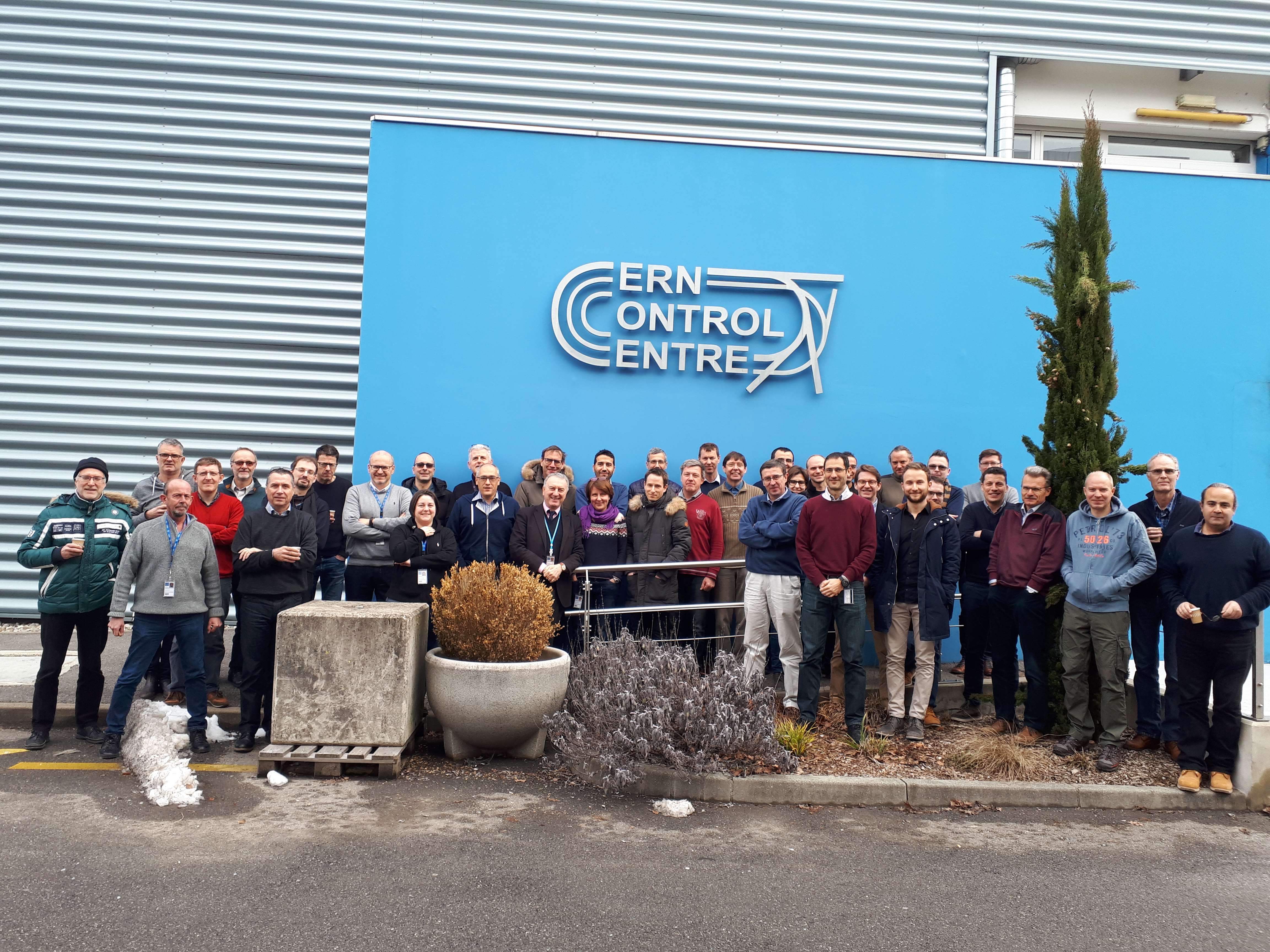LHC Beam Dump System Review and its readiness for the Run3 and HL-LHC operation
Mandate
Review the LHC Beam Dump System and its readiness for the Run3 and HL-LHC operation.
Detailed Charge questions:
1) Comment on the mechanical integrity and eventual need for improvements of the Beam Dump block following the Run2 experience
2) Assess if the proposed additions to the current LHC BDS baseline properly address the known failure modes of the dump system [operation experience form Run2] and if the upgraded LHC BDS is safe at all levels for the beams we intend to use already in Run 3, i.e. the ultimate beam (0.86 A) of LHC etc.
3) Comment on the extent to which the HL-LHC BDS design (when existing) and the initial considerations to justify the need of a new design address the needs of the HL-LHC operation, and indicate areas where the system might require more studies and additional modifications
4) Assess if the planned HL-LHC BDS upgrade in LS3 is sufficient or if we need part of the upgrade already at an earlier stage for operation in Run3.
Review Panel
Jorg Wenninger, Volker Mertens, Markus Zerlauth, Stefano Redaelli, Francesco Bertinelli (CERN)
Scientific secretary: Francois-Xavier Nuiry
Oliver Bruning is the link person for the HL-LHC and Mike Lamont the link person for the Consolidation Project for this review.
Date and Place: The review is scheduled on 5th February 2019 in room 774-R-013.
Charges: See attached document.

-
-
1
-
2
a) Existing design: kickers, protection elements, controls logic, BETS, considered failures and failure rates etc.
b) Operation during past runs: reliability, new failures (impact on beam and protection elements) and mitigations applied up to now (generator cleaning, radiation shielding).
c) Possible limitations for Run III.
d) New requests (additional kickers or separate vacuum tanks) and expected performance.Speaker: Chiara Bracco (CERN) -
3
-
4
a) Actions foreseen during LS2 and present status (switch consolidation, grounding)
b) additional MKBs or other solutions to be investigated (separate vacuum tank) with technical details.
When possible applying first mitigations? Latest date to start production.Speakers: Laurent Sylvain Ducimetiere (CERN), Viliam Senaj (CERN) -
5
-
6
a) Upgrade foreseen during LS2 (MKB re-triggering, IPOC upgrade, sparking surveillance, etc.)
b) Actions foreseen for LS3 (what is in the baseline: Triggering synchronization distribution, powering etc.)
c) What is not in the baseline and might be needed (replacement of aging equipment, etc. consolidation? Operational budget?)Speakers: Etienne Carlier (CERN), Nicolas Magnin (CERN) -
7
-
10:05
-
8
Return of experience from Run II operation and Implications for Run III and HL-LHC 774/R-013
a) Review of existing design, design choices, etc.
b) Operation during run II: vibrations, leaks.
C) actions foreseen during LS2 and actions from the past (N2 bottle on surface, design and construction of new back windows, decision on gaskets, etc..) .Speaker: Antonio Perillo Marcone (CERN) -
9
-
10
Energy deposition and accident scenarios, RunII, RunIII and HL-LHC¶ 774/R-013
a) worst accidental design scenario known until and post RunII, worst design accidental scenario for the future.
b) Run III operational scenarios.Speaker: Anton Lechner (CERN) -
11
-
12
Thermal and structural simulations of Core and windows 774/R-013
How we study the problem, why the windows are an issue, why the core might be an issue, what are the missing information in terms of properties, what is the dominating problem, severity of different failure scenarios on the core, etc…
Speaker: Tobias Polzin (CERN) -
13
-
12:05
Lunch
-
14
Speaker: Francois-Xavier Nuiry (CERN)
-
15
-
16
Material properties needed to assess the core performances, tests done @ CERN, tests to be done outside.
Speaker: Michael Guinchard (CERN) -
17
-
18
a) current collaboration and activities for further decision (core, windows)
b) plan for the future and possible options.
c) decision points and how we decide.
d) problems to be solved and how we would proceed (new gaskets, new core, damping system, eventual staged upgrade during run III).Speaker: Marco Calviani (CERN) -
19
-
20
-
15:40
-
1